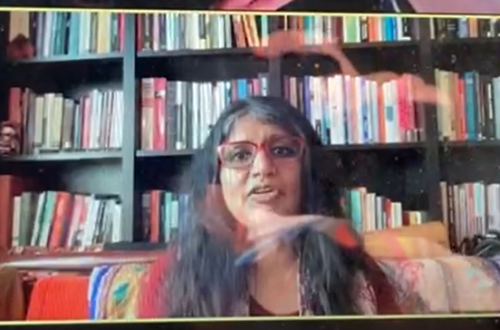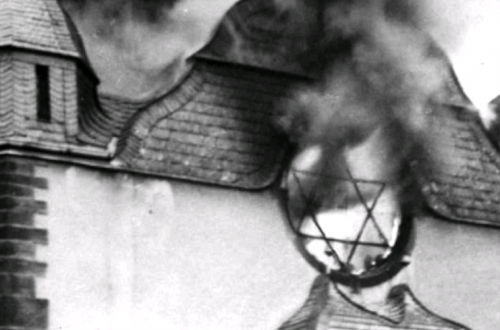This is a cross-post from Joseph Weissman

In January 2010, Christopher Hitchens (whom I admire politically, and deeply wish a full and speedy recovery from throat cancer) wrote an article in Slate about Western Christians and the Haiti earthquake.
Hitchens introduced his piece with a comment about the Lisbon Earthquake of 1755, and the dawn of the Enlightenment in Europe. Hitchens wrote:
Voltaire and Jean-Jacques Rousseau were only some of those who reasoned that no thinkable deity could have desired or ordained the obliteration of Catholic Lisbon
I think this sentence is wrong, or at least fails to tell the whole story.
The Lisbon Earthquake deeply shook European religious thinking in the 18th century, in a way that might be loosely comparable to the Holocaust and Jewish religious thought in the 20th. How could such terrible things happen to our faith community?
At the time, many Christians across Europe taught that the world was exactly as God intended it to be.
In 1710, over forty years before the Lisbon Earthquake, the Christian philosopher Gottfried Liebniz had argued that this world was “the best of all possible worlds”, because God intended it to be so. This approach became known as “optimism”.
Liebniz explains his optimism in his essays on theodicy. Leibniz argues that this world is as good as it gets: it is as good as it could possibly be, because God chose the world to be as it is now.
For Voltaire, the trauma of Lisbon made these ideas look silly. Voltaire’s wrote a novel called Candide. Voltaire tells the tale of a naive young German called Candide who has learned to view the world through Leibniz’s optimism.
Candide travels the world, and has one disaster after another. Throughout this series of disasters, Candide tries to keep his belief that he is still living in the best of all possible worlds.
The more disasters occur (including losing a friend during the Lisbon earthquake, and seeing another hung in the Portuguese Inquisition), the more Candide doubts his optimism.
So clearly, Voltaire’s Candide was a response to Leibniz’s optimistic theology, but not a rebuttal of the existence of God itself.
Voltaire expressed his thoughts on the 1755 earthquake itself in his Poem on the Lisbon Disaster written the following year.
In this we read:
But how conceive a God supremely good,
Who heaps his favours on the sons he loves
Yet scatters evil with as large a hand?
What eye can pierce the depth of his designs?
From that all-perfect Being came not ill:
And came it from no other, for he’s lord:
Yet it exists. O stern and numbing truth!
For Voltaire, God was still God, even if it was impossible to explain what happened on Earth.
Yet Rousseau was unhappy with Voltaire’s poem, and wrote to him in August 1756 in a letter:
You reproach Alexander Pope and Leibnitz with belittling our misfortunes by affirming that all is well, but you so burden the list of our miseries that you further disparage our condition. Instead of the consolations that I expected, you only vex me. It might be said that you fear that I don’t feel my unhappiness enough, and that you are trying to soothe me by proving that all is bad. Do not be mistaken, Monsieur, it happens that everything is contrary to what you propose. This optimism which you find so cruel consoles me still in the same woes that you force on me as unbearable.
Rousseau, then, defended Leibniz’s optimism!
The events of Lisbon indeed drove Voltaire to pessimism, which led to Voltaire becoming a hugely popular writer and thinker in Europe. At the same time, Leibniz’s optimism was a comfort to Rousseau, as Rousseau was able to believe that God was still good even in tragedy.
Rousseau’s assumption that God was good went hand-in-hand with his critique of how societies had distorted a good God and used him to justify inequality.
Voltaire and Rousseau would provide a devastating challenge to the existing social order, but they did not argue against the existence of God, just how he was represented by society.
I don’t think the Enlightenment can be defined by skepticism, atheism or pessimism. Both Voltaire and Rousseau maintained their beliefs in God, albeit expressed in very different ways to most priests, and indeed to each other.
I think that, if we fail to appreciate how Enlightenment thinkers thought about God (and not just the organised religion of their time), then we can be in danger of misrepresenting the Enlightenment itself.


